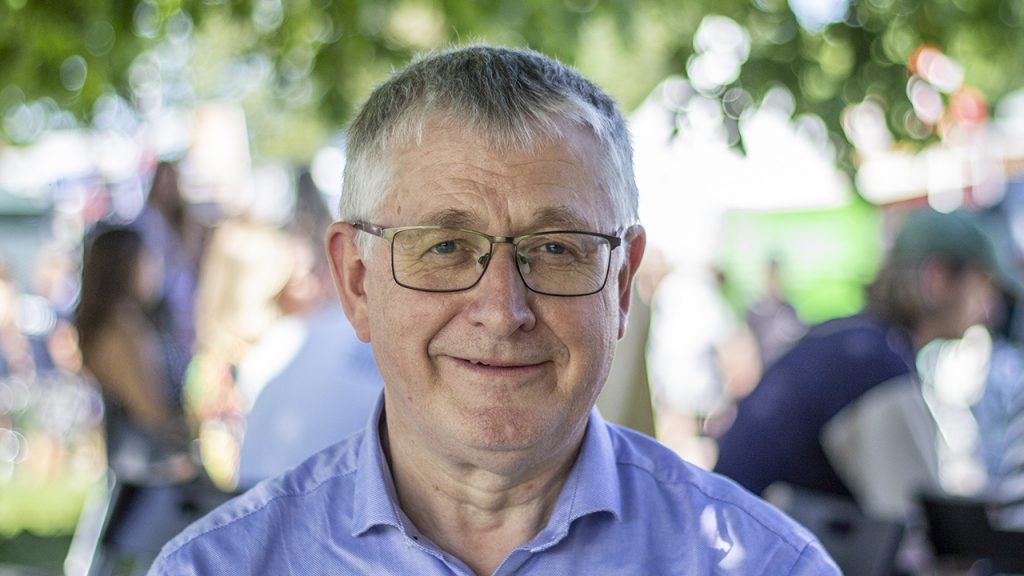The electricity generation of the future gets a new player – the prosumer. For example, a homeowner with solar cells on the roof, who both consumes power and produces and sells his surplus power. GridTech and the Ingeniøren have taken a closer look at the energy landscape of the future – and talked with Professor, Henrik Madsen.
—
Local energy communities, where, for example, homeowners produce, share and trade in energy, will take over part of the energy production in Denmark. Electricity companies have a monopoly on transmitting power to the grid, but new EU rules now pave the way for energy communities. Several smart city projects at DTU including both CITIES and the Interreg-supported Smart Cities Accelerator work with energy communities.
This week, Teknologiens Mediehus’ pro-media GridTech and newspaper Ingeniøren are reviewing a report from Energinet Elsystemansvar og Dansk Energi, about the future of the electricity system, including the presumptions about how energy communities will characterize the electricity grid.
Among others, the centre leader of CITIES and the technical manager of the Smart Cities Accelerator, Professor Henrik Madsen, is quoted.
“Energy communities should be a larger area where multi-supply is shared – water, district heating, electricity and gas. If the energy community is just a few people trading electricity with each other, it does not give the same flexibility. It is also an expensive way to do it …,” he says to GridTech.
Read the full article (in Danish) on GridTech, which requires a subscription.
The article is also in the newspaper Ingeniøren on Friday, August 16, 2019. If you are a member of IDA, you have access through your membership of the trade union. Otherwise, find the paper edition.

